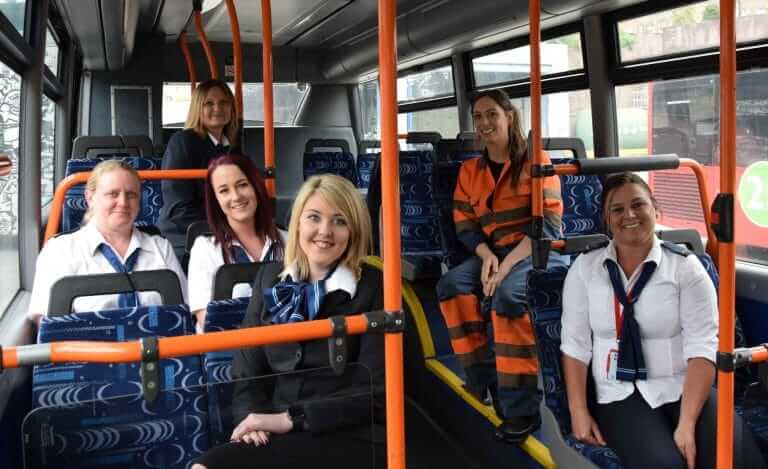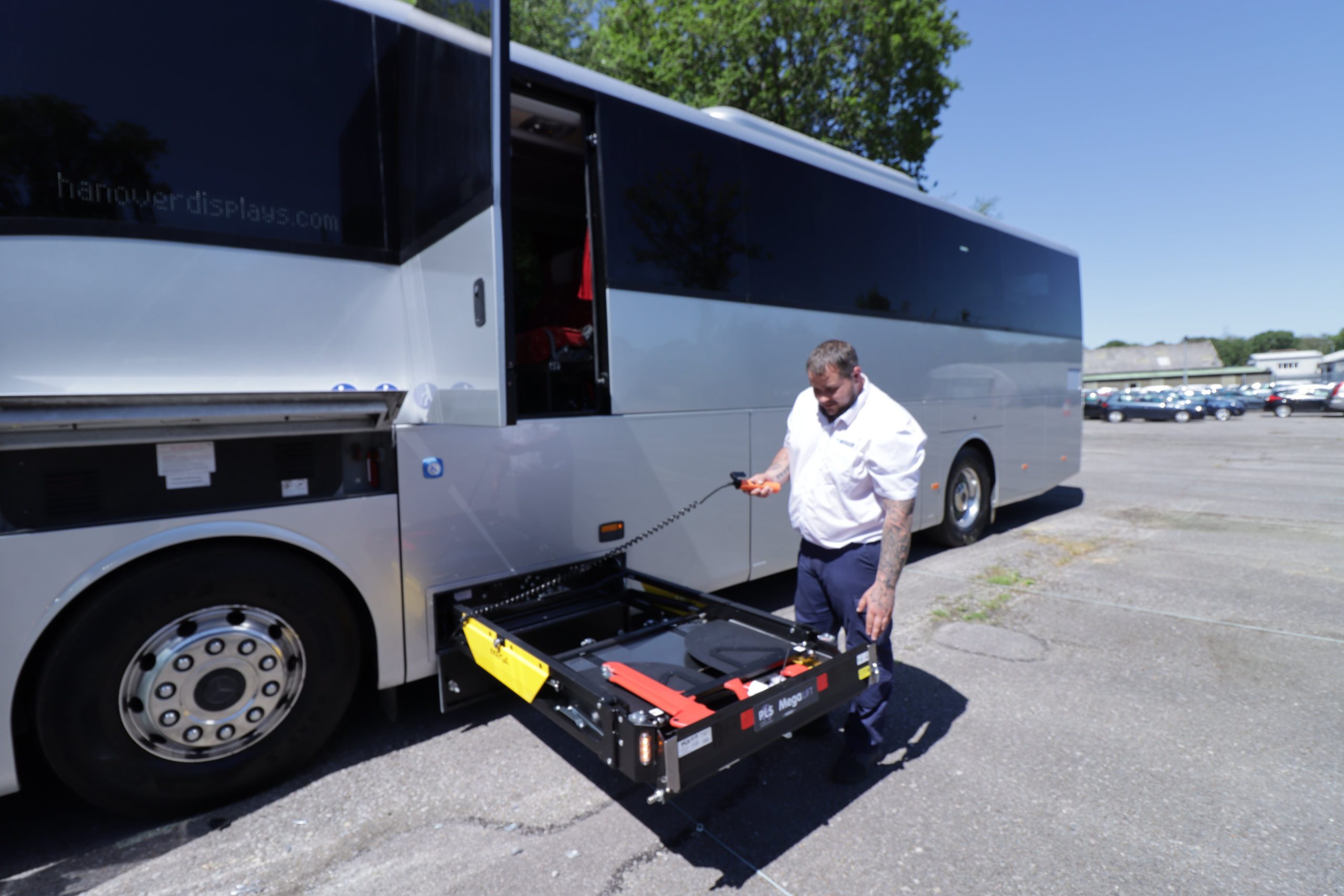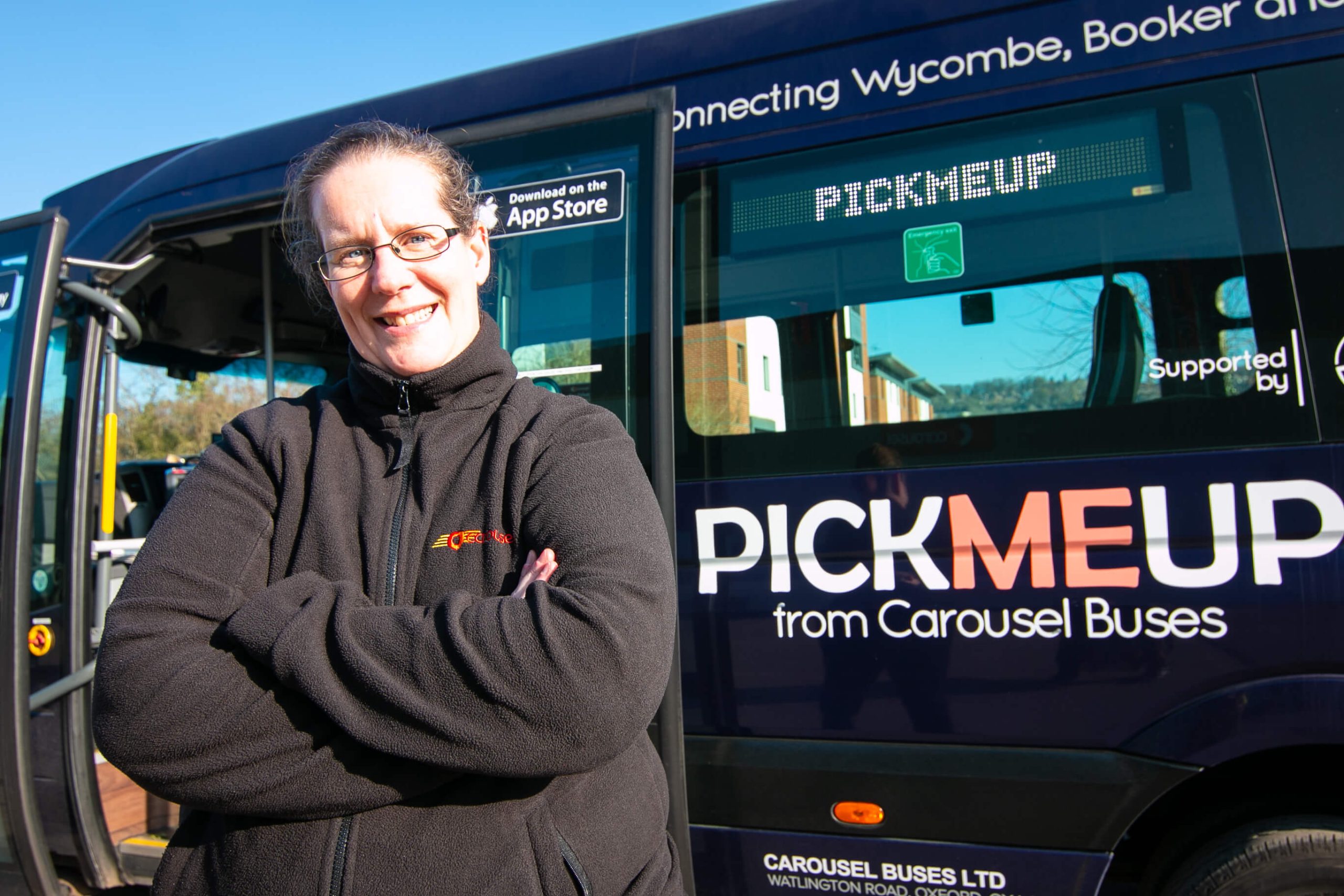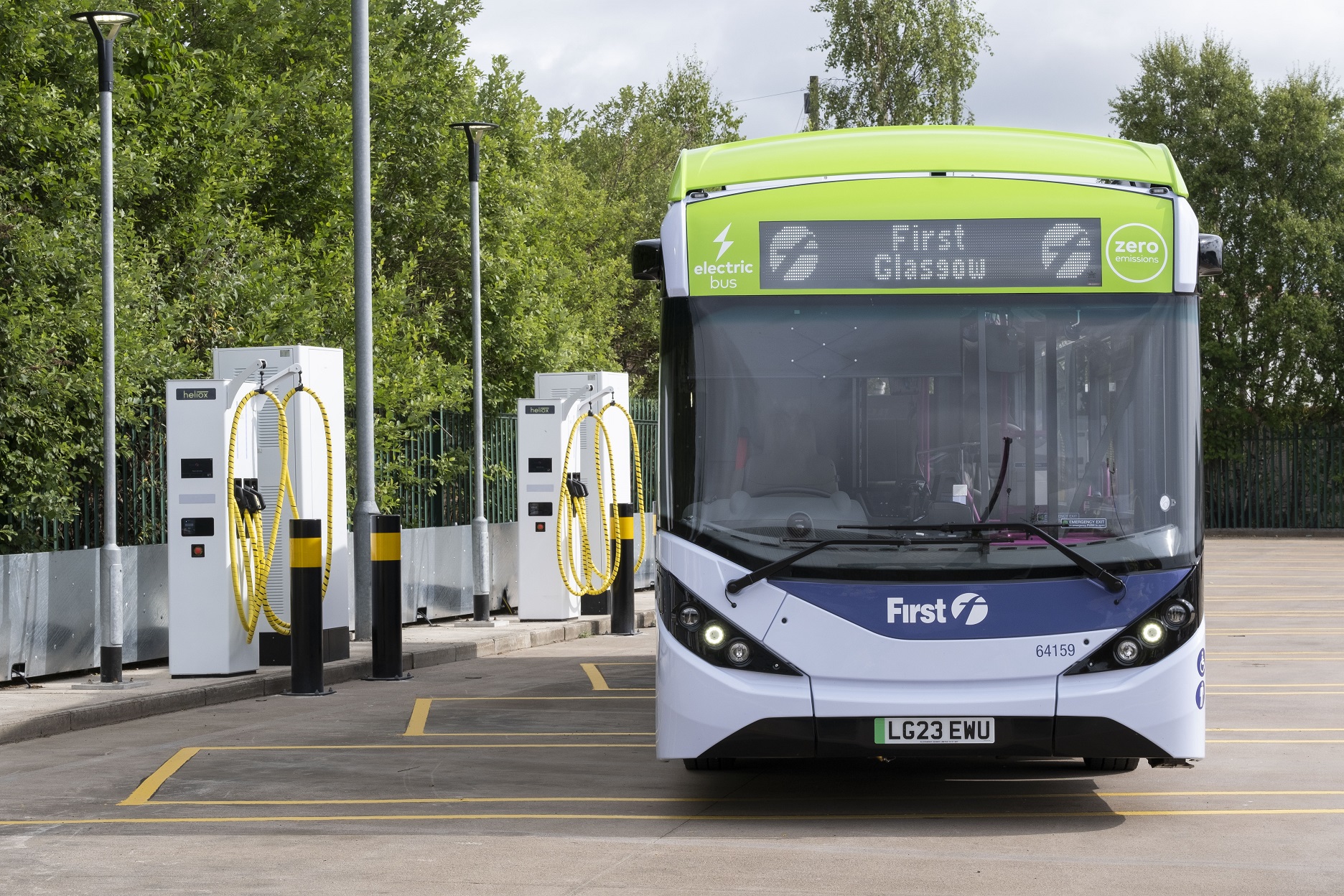Influential women in the coach and bus industry say customer service will benefit from increased female representation in the sector’s workplaces.
As International Women’s Day on 8 March is set to highlight the gender imbalance in certain industries, the lack of women in many roles in coach and bus is widely recognised.
A 2021 survey by the Office for National Statistics found only 11% of the UK’s coach and bus drivers were women — although this was encouragingly up from 8.6% in the same survey in 2018. According to a European Commission survey in 2017, just 14% of workers in the land transport sector were women. Across engineering in general, females make up only 16.5% of the staff in the UK, with coach and bus likely to reflect that.
‘Lead by example’
Rebecca Rathore, Operations Director at Stagecoach Manchester, believes good representation for women at all levels in the industry is important for customer relations.
Ms Rathore, who was recently nominated on the Northern Power Women Awards Future List for 2023, says: “If we want to represent our customer base then the workforce has to be representative. You will never understand the dynamics of your customer if you are not able as the supplier to put yourself in the shoes of the customer. The split is getting better but I think we know there is more to do.”

Highlighting the value of having women in management roles, she adds: “I think having someone senior to look up to makes it feel possible. It’s important to lead by example to champion an inclusive environment.”
Ruth Honey, Commercial Director at Kent coach operator Grange Travel, agrees a more equal representation would benefit business. “Sometimes it’s the finer points that women see,” she says. “Women will think about things, like having water on board. Men don’t think about the finer points. In my opinion, they just want to get the job done, whereas I would drive down into the core of things and ask questions.”
Ways forward
The coach and bus industry is working to ensure a better balance. Operators are launching recruitment campaigns aimed specifically at women, such as one last month promoted by Go North East.
Engineering and manufacturing have traditionally been areas lacking female workers. Northern Ireland manufacturer Wrightbus holds regular recruitment open nights solely for women. Nicola McCloskey, Wrightbus HR Director, says: “These evenings have been running for over a year now and have been an integral part of the Wrightbus recruitment campaign.”
Sarah Bartlett, Senior PR Manager at FlixBus UK, says her company is likewise being proactive on the matter. “We’re launching an employee research group (ERG) on women in the workplace, to ensure that as a business we’re listening to a range of perspectives and amplifying female voices,” she says. “We’ll then use this platform to develop initiatives with actionable steps to directly shape our policies.”
Honey, who admits the situation “will not change overnight”, says Grange Travel has tried to equalise the balance by being more flexible when it comes to working hours and staff-members’ family lives.
Using influence

Using social media could be one way of making women in the industry more visible — especially to the next generation of workers. Liv Rayment, Operations Manager at Hams Travel, gained her PCV license at the age of 18, and over the last three years has shared her experiences in her job with her 112,000 followers on TikTok.
When it comes to what more needs to be done, the 21-year-old says: “There needs to be more advertising that includes women, not just picture adverts but maybe short video ads in association with International Women’s Day or similar. It’s a fantastic job with a good career ladder if you are interested in climbing further — but don’t be disheartened by the seemingly large number of men that are in the workplace! I think the number of women is slowly increasing, but it would be great to see a lot more.”
Another who is active on social media is Carol Sim, Head of Operations at First South. She points out how much has improved since she started as a PCV driver 20 years ago. She says: “When I was a driver, at one point I was the only woman driver in the whole of the depot of about 100. The other day in my senior leadership meeting half of us were female. We’re starting to become more equal.”

























